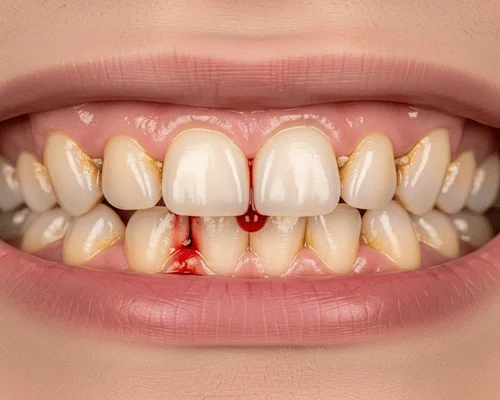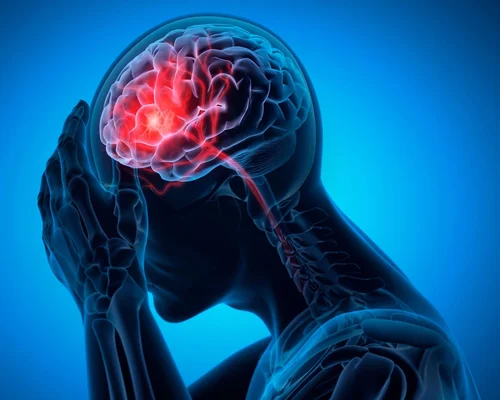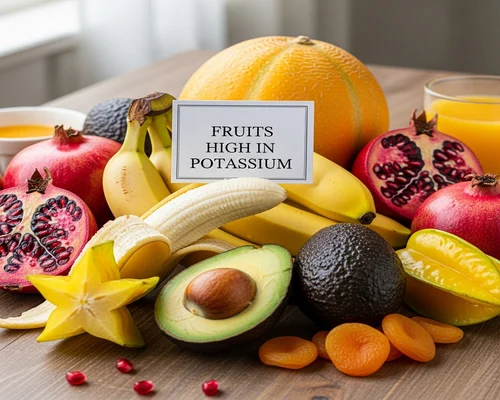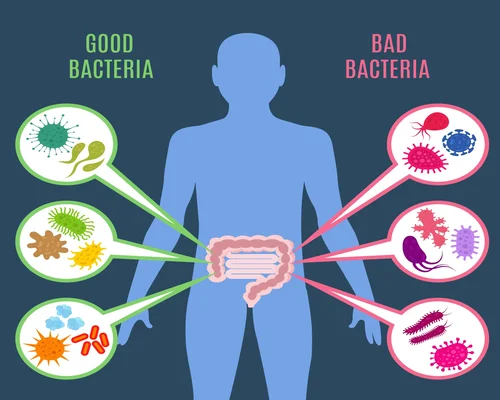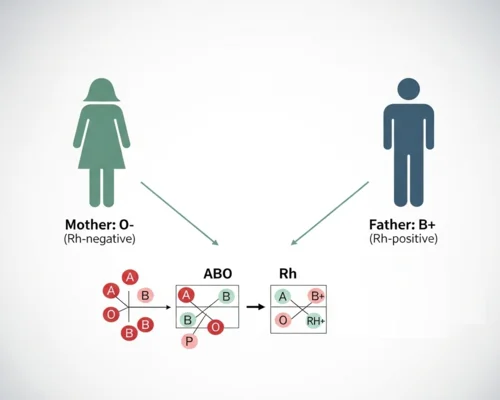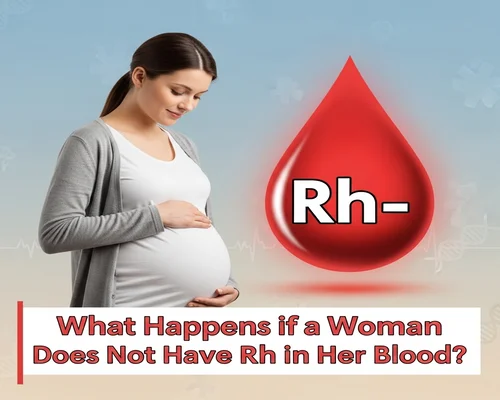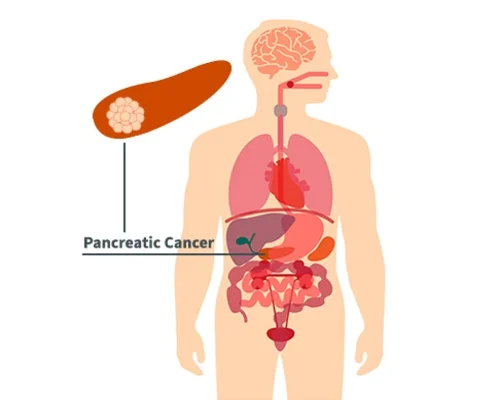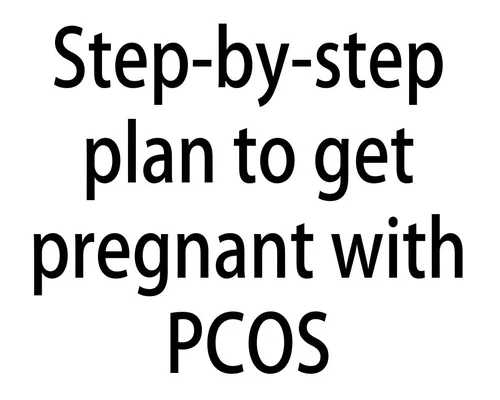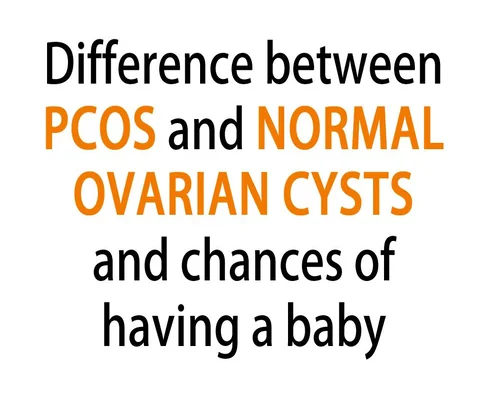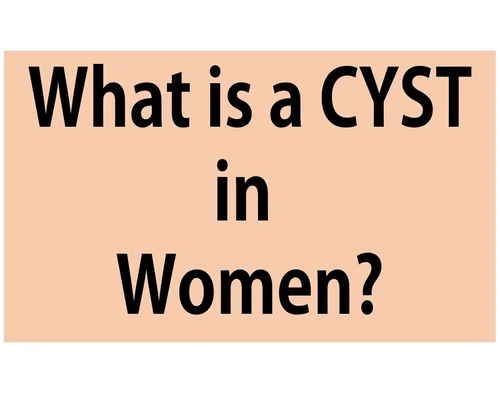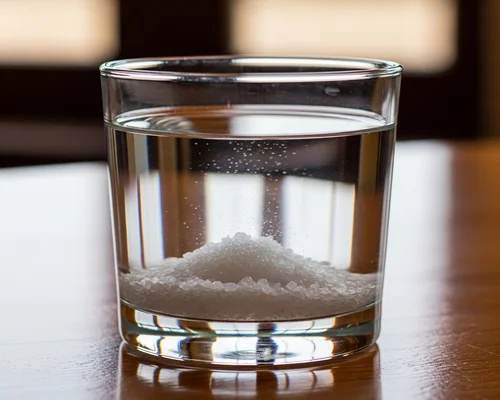
The damage that can be done to the body by not eating fish at all
The damage that can be done to the body by not eating fish at all
Not eating fish at all (especially in the long term) can lead to some important nutritional deficiencies in the body, which can cause various health problems.
The damage that can be done by not eating fish:
1. Deficiency of omega-3 fatty acids
Fish, especially marine fish (such as salmon, tuna, mackerel) are rich in omega-3.
This deficiency can result in:
Reduced memory and attention
Depression or mood swings
Increased risk of heart disease
2. Heart disease
Fish fat is beneficial for the heart, it reduces bad cholesterol in the blood.
Not eating fish increases blood pressure and the risk of heart disease.
3. Possibility of eye problems
Deficiency of omega-3 and vitamin A can weaken vision and cause dry eyes.
4. Weak bones
Fish is a good source of calcium and vitamin D, which are essential for bones.
Not eating fish can lead to bone loss and joint pain.
5. Protein deficiency
Fish is a high-quality source of protein. It helps in repairing body cells, building muscle, and preventing disease.
Not eating fish can lead to protein deficiency (especially in vegetarians).
6. Problems for children and pregnant women
Fish is very important for brain development and eyes.
Not eating fish during pregnancy can affect the mental development of the child.
What are the alternatives to not eating fish?
If you are vegetarian or do not like to eat fish, it is possible to partially replace the nutritional value of fish with the following foods:
Omega-3 alternatives:
Chia seeds, flax seeds, walnuts
Omega-3 rich vegetable oils (such as flaxseed oil)
Protein:
Lentils, chickpeas, kidney beans, soy
Cheese, milk, eggs (if you eat them)
Vitamin D and B12:
Sunlight (vitamin D)
Fortified milk or cereal, supplements (B12)




-vegetable.webp)
